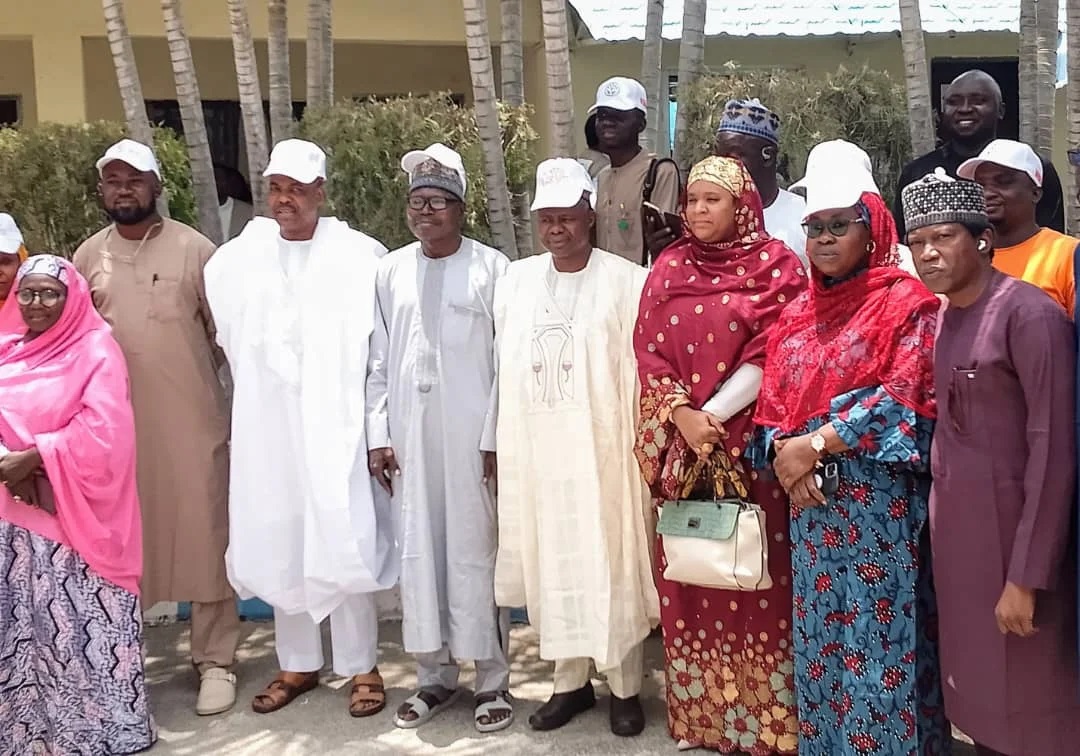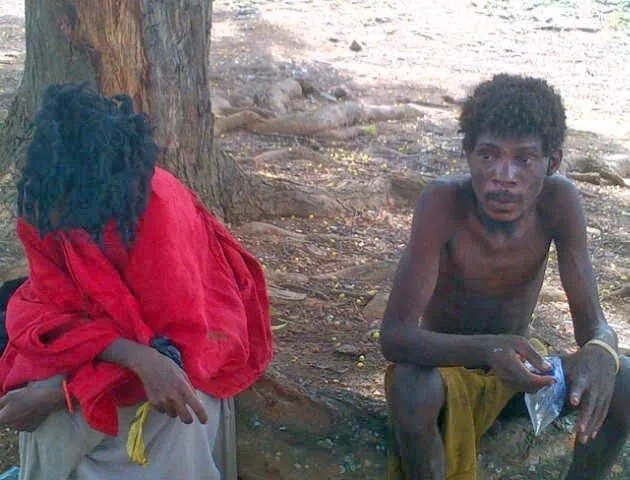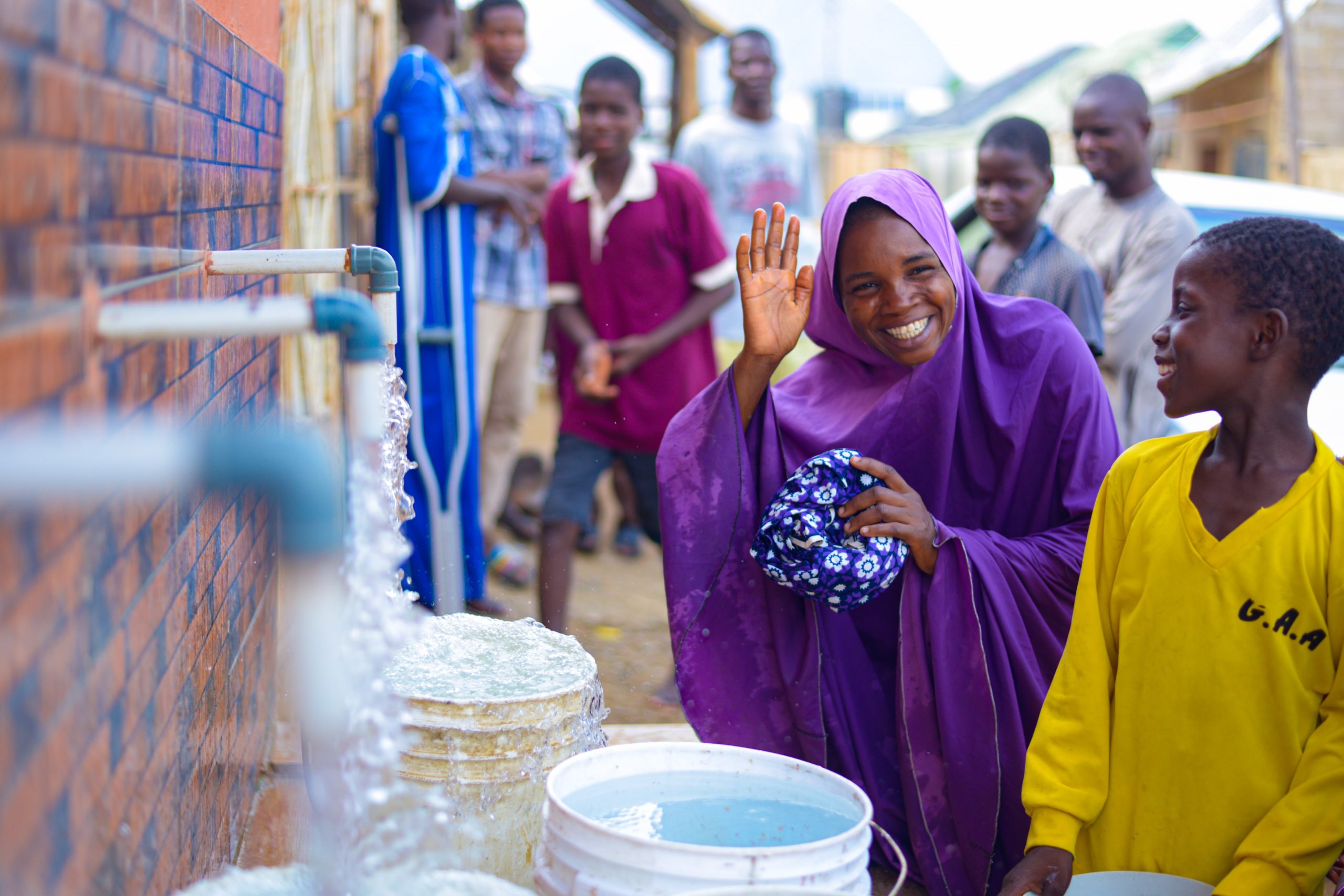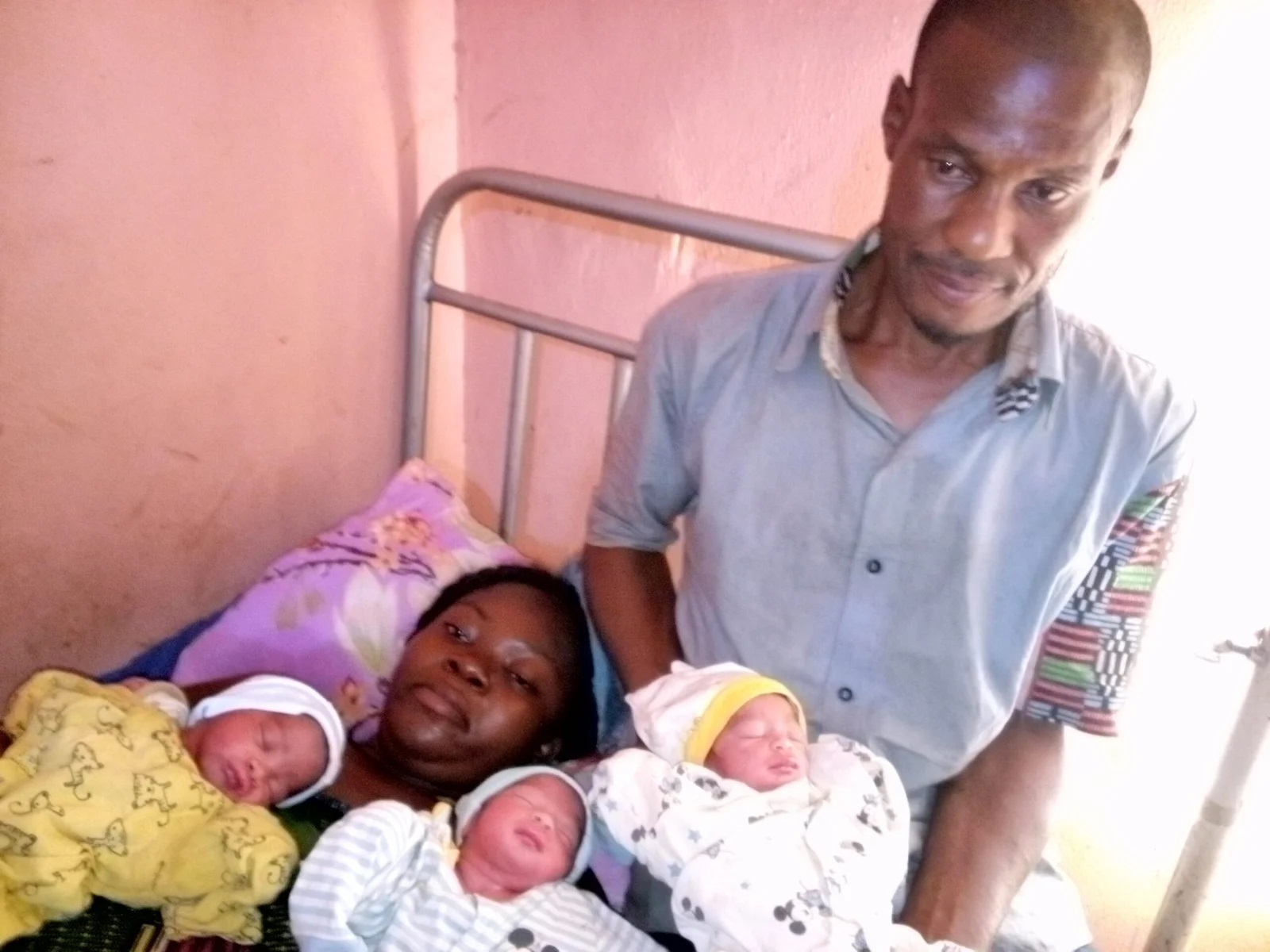The Kano State Commissioner for Health, Dr. Abubakar Labaran, has disclosed that an estimated 1.2 million people are currently living with Hepatitis B in the state.
Labaran made this known during a press briefing held on Monday in Kano to commemorate the 2025 World Hepatitis Day.
Citing preliminary data, the commissioner said Hepatitis B prevalence in Kano exceeds 6%, mirroring national trends.
“Hepatitis B and C remain major public health concerns across Nigeria,” he said. “Preliminary data indicates a Hepatitis B prevalence of over six percent in Kano, representing an estimated 1.2 million people.”
Labaran raised concerns over the silent nature of the disease, noting that while preventable and treatable, Hepatitis B often goes undetected until it causes serious complications such as liver cirrhosis and cancer.
He explained that the state government is stepping up its response through early diagnosis, expanded treatment access, and the integration of hepatitis services into routine healthcare delivery.
The ministry, he said, has adopted a person-centred approach, with a particular focus on pregnant women and other high-risk groups.
Highlighting recent initiatives, Labaran recalled the launch of a pilot programme in February titled “HepFree Mothers, Healthy Babies” (HepFree Uwadajariri), aimed at eliminating mother-to-child transmission (MTCT) of Hepatitis B through early screening and treatment.
“This programme aligns with the Triple Elimination Effort (TEE), which targets the elimination of HIV, Hepatitis, and Syphilis among pregnant women receiving antenatal care,” he added.
According to the commissioner, Kano is the first state in Nigeria to fully implement and take ownership of the Triple Elimination strategy.
To support the initiative, the government has released ₦95 million for the procurement of test kits and Tenofovir Disoproxil Fumarate (TDF)—an antiviral drug provided free of charge to pregnant women who test positive for Hepatitis B, beginning at 32 weeks of gestation until delivery.
In addition, immunisation officers have been deployed to labour wards statewide to administer the first dose of the Hepatitis B vaccine immediately after birth, also at no cost.
Labaran further revealed that a request for an additional ₦135 million is awaiting approval to bolster resources for the ongoing fight against MTCT of Hepatitis B.
He stressed that mother-to-child transmission accounts for 70 to 80% of Hepatitis B infections, underscoring the importance of targeted interventions.
The commissioner called on development partners, civil society organisations, and the private sector to support the state’s efforts through funding, awareness campaigns, and strategic collaboration.
He reaffirmed Kano’s commitment to the global goal of eliminating viral hepatitis as a public health threat by 2030, as outlined by the World Health Organization (WHO).





